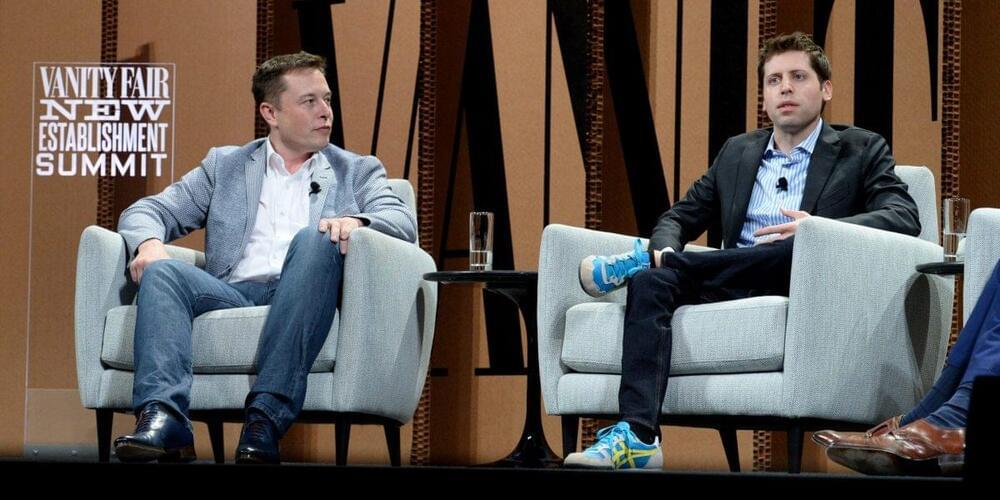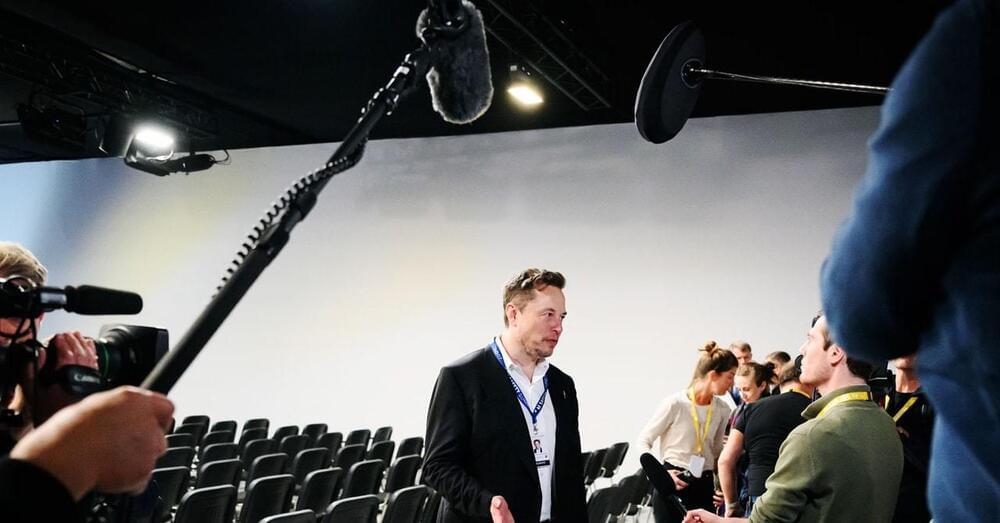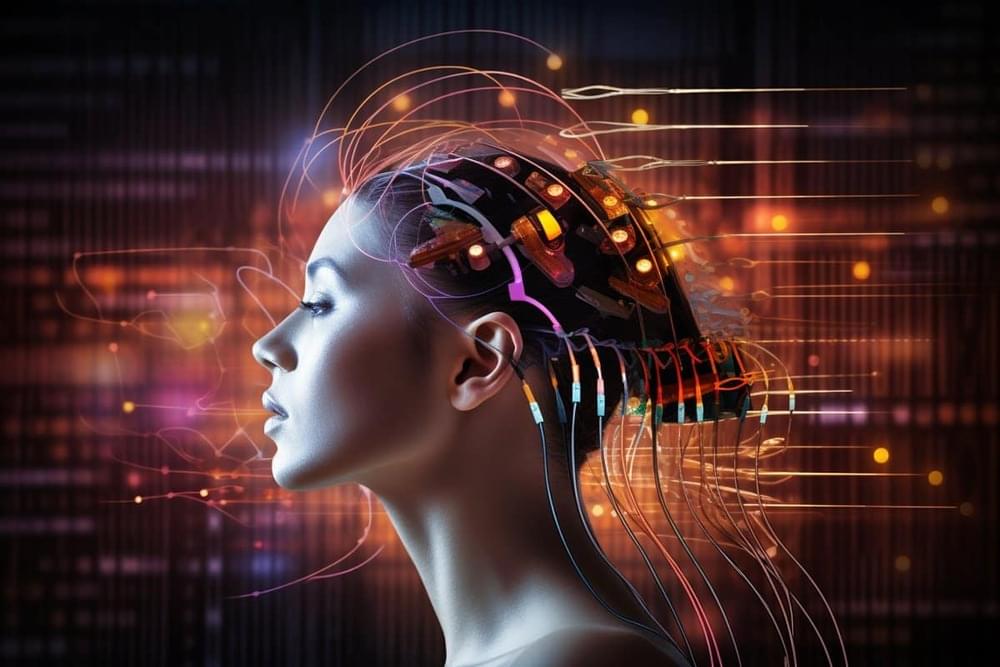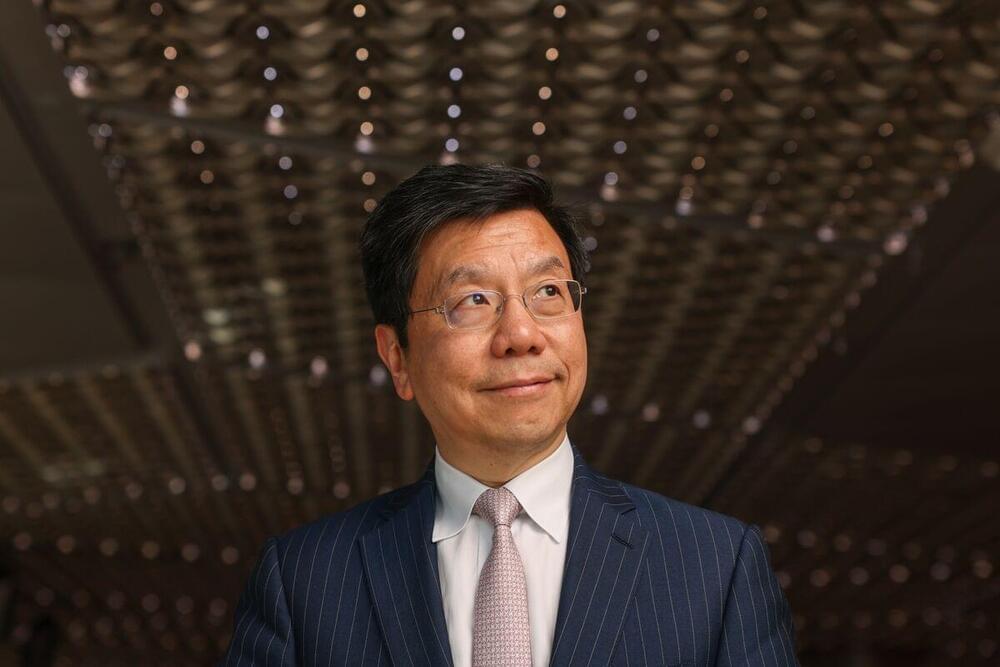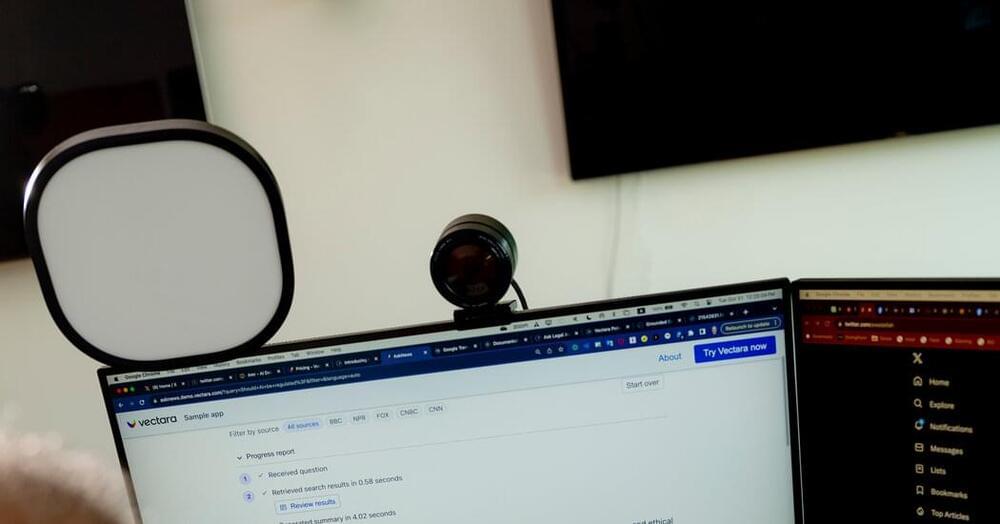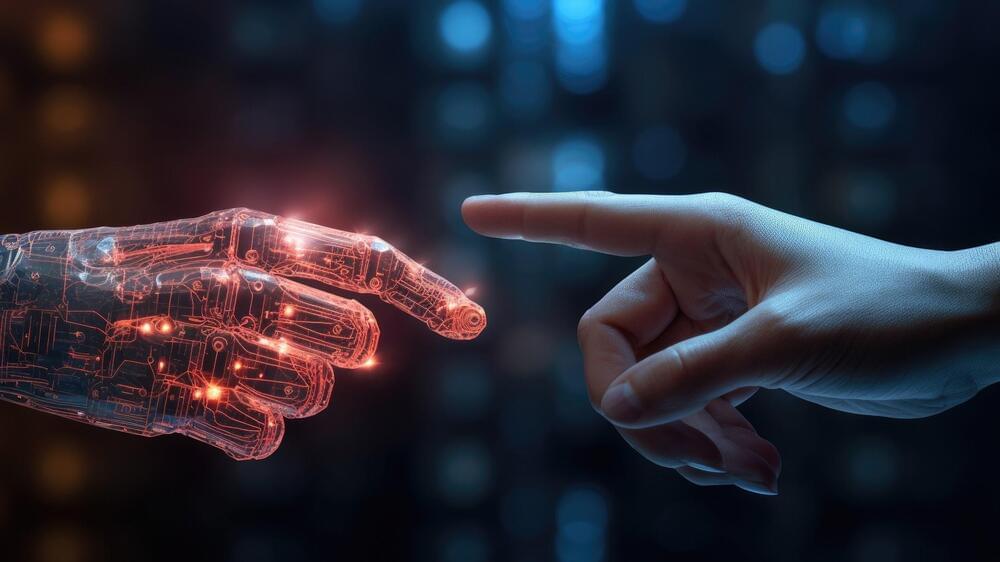More than a decade ago, the co-founder of Google’s DeepMind artificial intelligence lab predicted that by 2028, AI will have a half-and-half shot of being about as smart as humans — and now, he’s holding firm on that forecast.
In an interview with tech podcaster Dwarkesh Patel, DeepMind co-founder Shane Legg said that he still thinks that researchers have a 50–50 chance of achieving artificial general intelligence (AGI), a stance he publicly announced at the very end of 2011 on his blog.
It’s a notable prediction considering the exponentially growing interest in the space. OpenAI CEO Sam Altman has long advocated for an AGI, a hypothetical agent that is capable of accomplishing intellectual tasks as well as a human, that can be of benefit to all. But whether we’ll ever be able to get to that point — let alone agree on one definition of AGI — remains to be seen.

